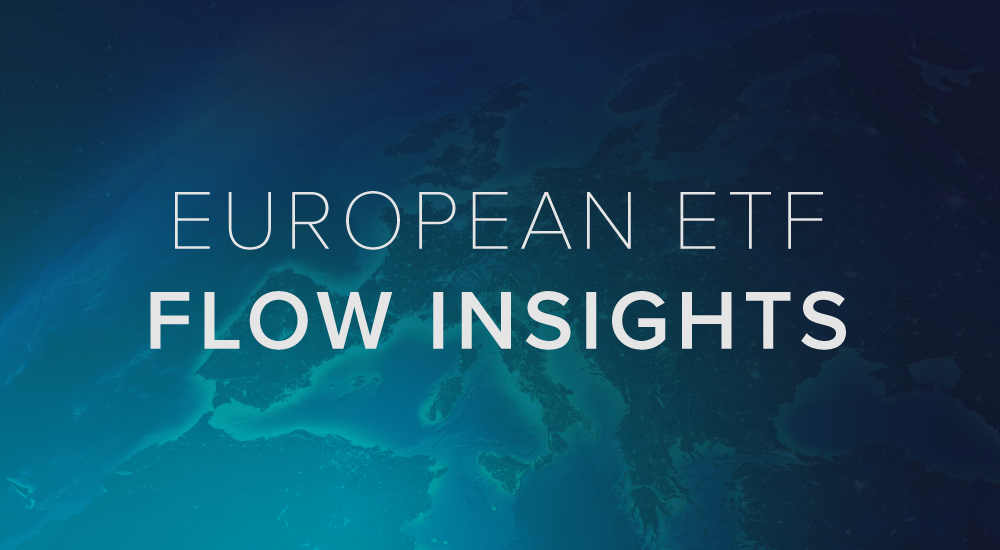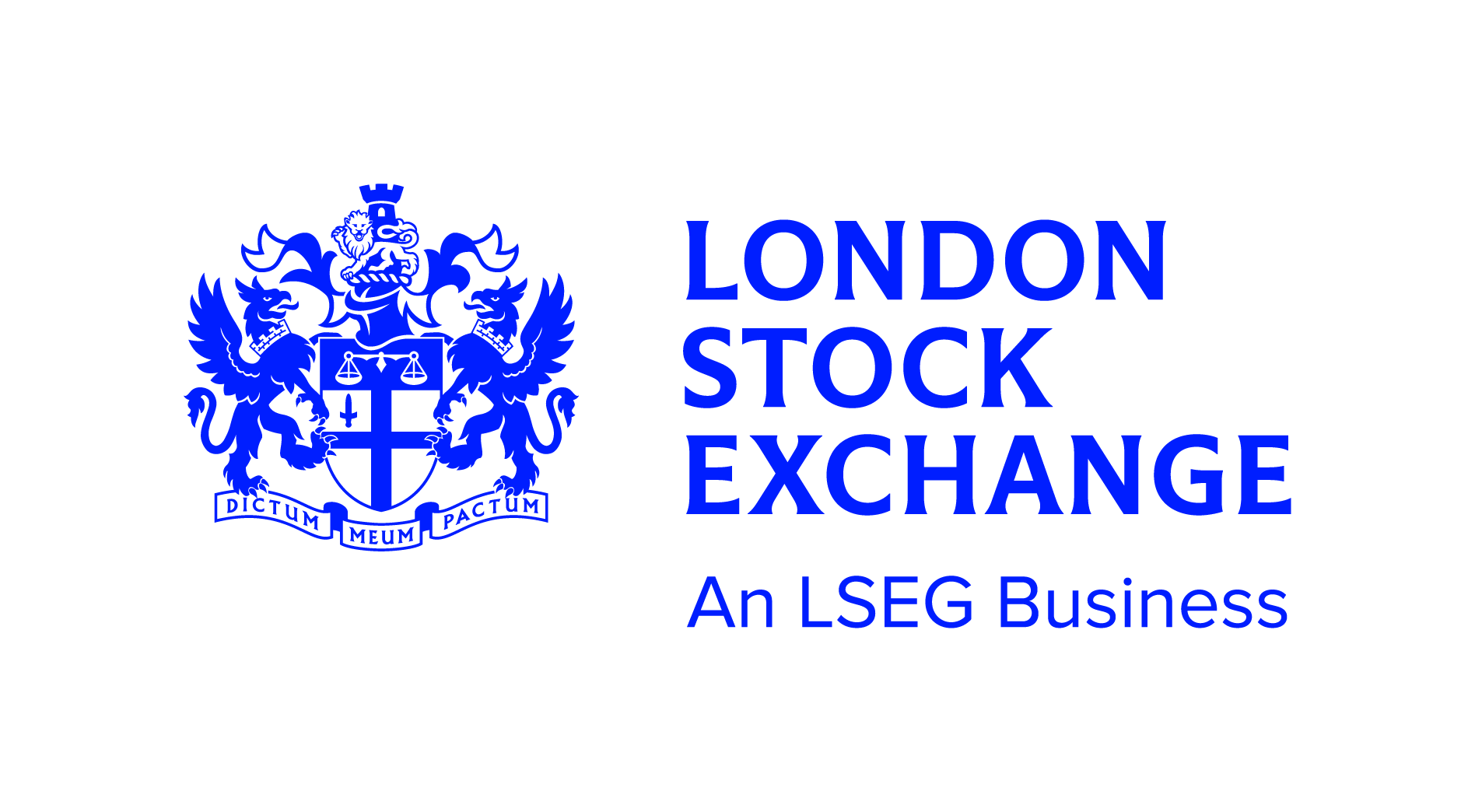Preliminary numbers show the European ETF industry enjoyed healthy inflows in April despite mounting negative market sentiment.
The €11.4bn total inflows were primarily driven by €6.8bn asset gathering by equity ETFs, followed by €3.6bn entering bond ETFs, €1bn to money market ETFs and €50m to commodities and €40m to multi-asset ETFs.
Faring differently, alternative ETFs were the only asset type with estimated net outflows of €100m for April.
Even if inflows into equity ETFs within a negative market environment are not surprising at all, the underlying flow trends at the classification level paint an interesting picture.
While global equity and US equity ETFs continued their leadership with €2.1bn and €1.4bn inflows, respectively, previously under-utilised exposures including Japan equity and German equity ETFs took third and fourth place, with €1.2bn and €900m inflows during the month.
The same is true for the fifth best-selling classification for April, with Eurozone equity ETFs welcoming €900m net new assets.
Inflows into Japanese equity could be a sign that the country’s blue chip stocks are back on the agenda of European investors after the Nikkei 225 index marked a new all-time high in February 2024.
With this in mind, it is worth noting the bulk of estimated inflows into Japan equity were into ETFs tracking the MSCI Japan index and not the Nikkei 225.
However, this does not mean European investors chased returns in April. In fact, the Lipper global classifications with the highest average returns – Turkish equity ETFs up 13.3% and gold and precious metals equity up 7.1% – both faced estimated net outflows of €80m.
The following three classifications in terms of monthly returns also had collective estimated net inflows of less than €1m apiece.
A look at the best performing Lipper global classifications also reveals European investors are not attracted by the performance of China-related peer groups.
Away from Japan inflows and lack of enthusiasm for top performers, German and eurozone equity ETF inflows were notable, given the low growth expectations for Germany and the Eurozone more broadly.
Nevertheless, investors bought German and Eurozone equities over the course of April. This decision might have been driven by expectations of positive surprises during the upcoming dividend season in the region, rather than expectations of rising economic growth rates for the respective countries.
Detlef Glow is head of Lipper EMEA research at LSEG.
This article is for information purposes only and does not constitute any investment advice. The views expressed are the views of the author, not necessarily those of Refinitiv Lipper or LSEG.



